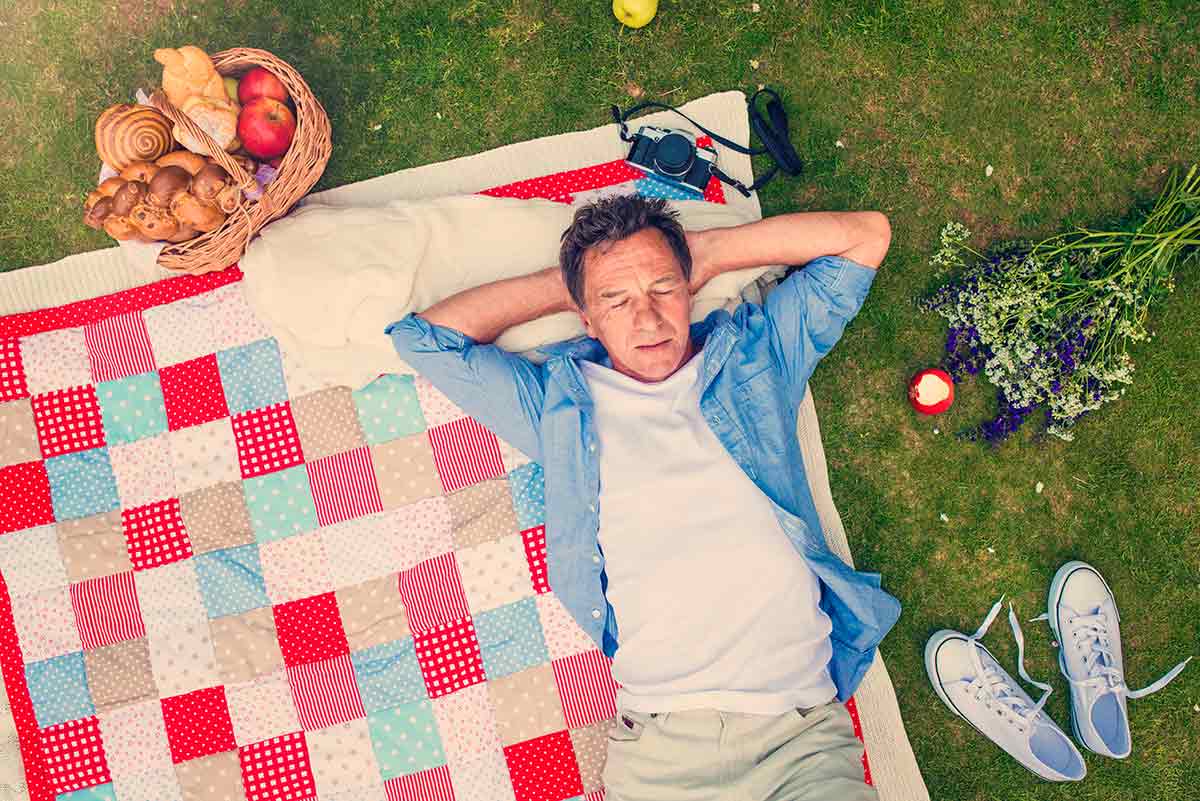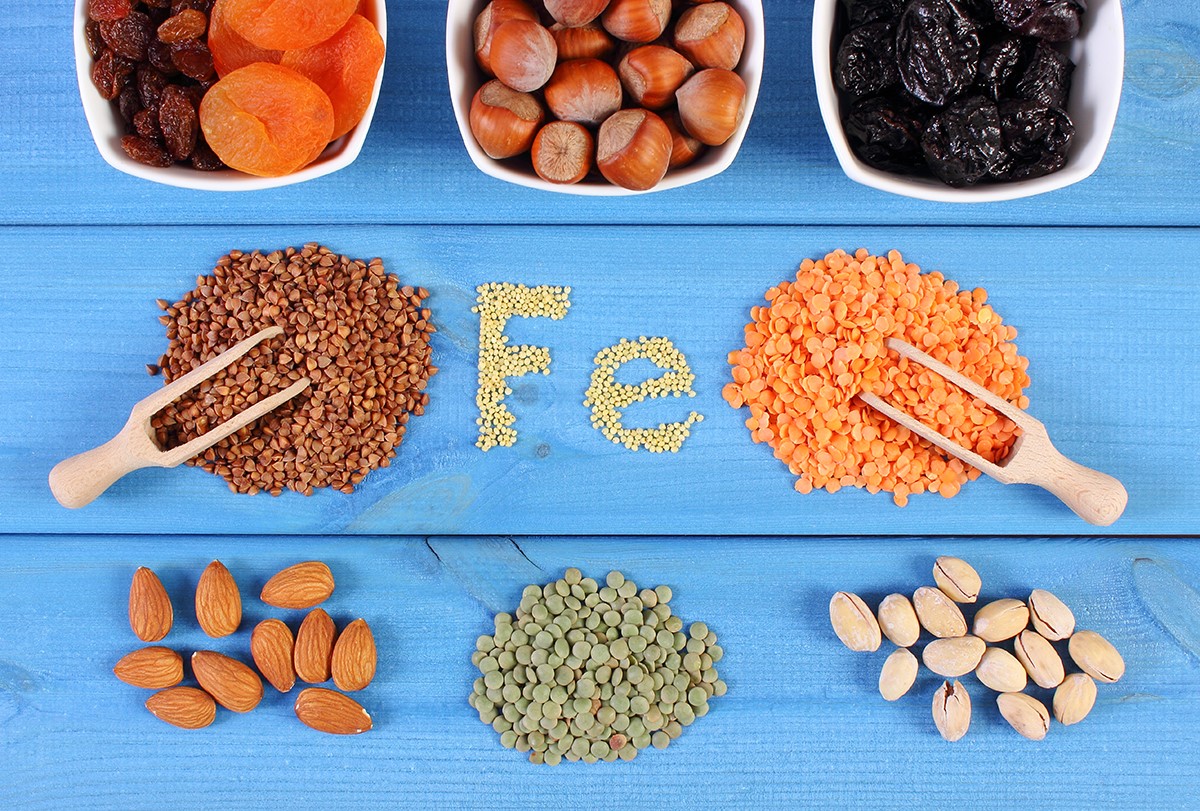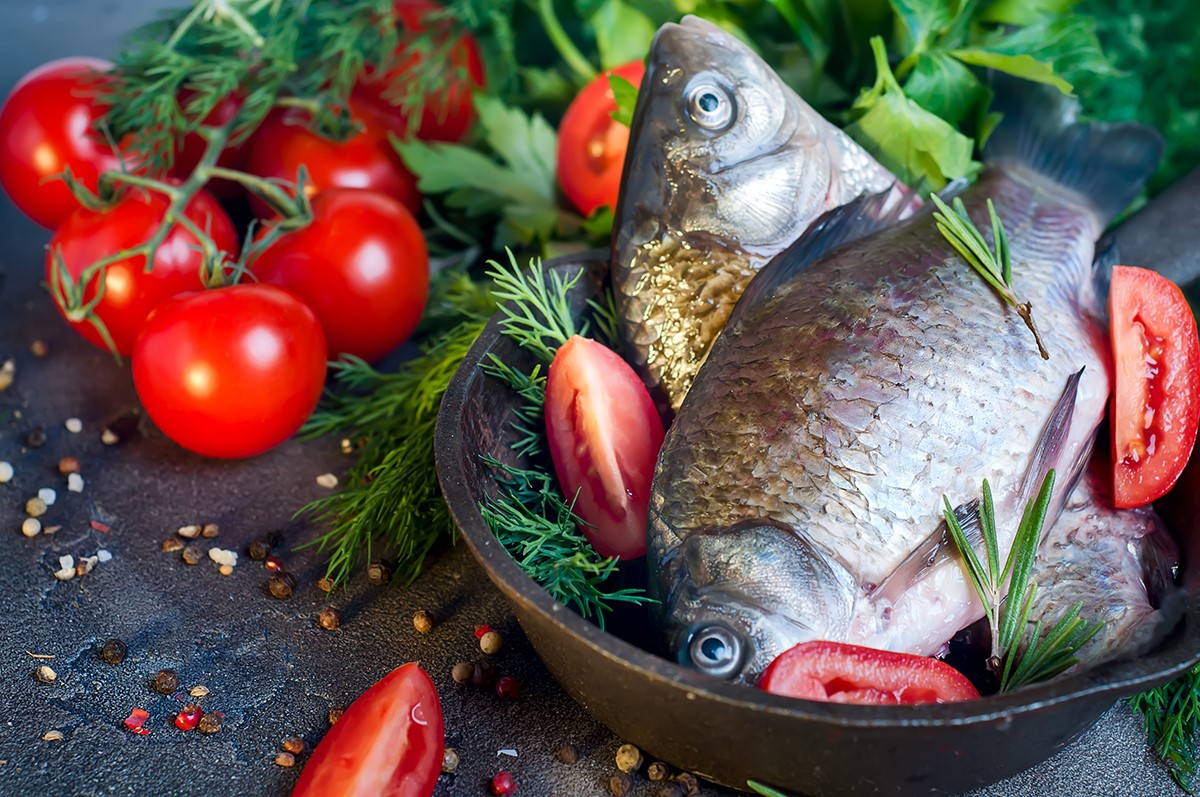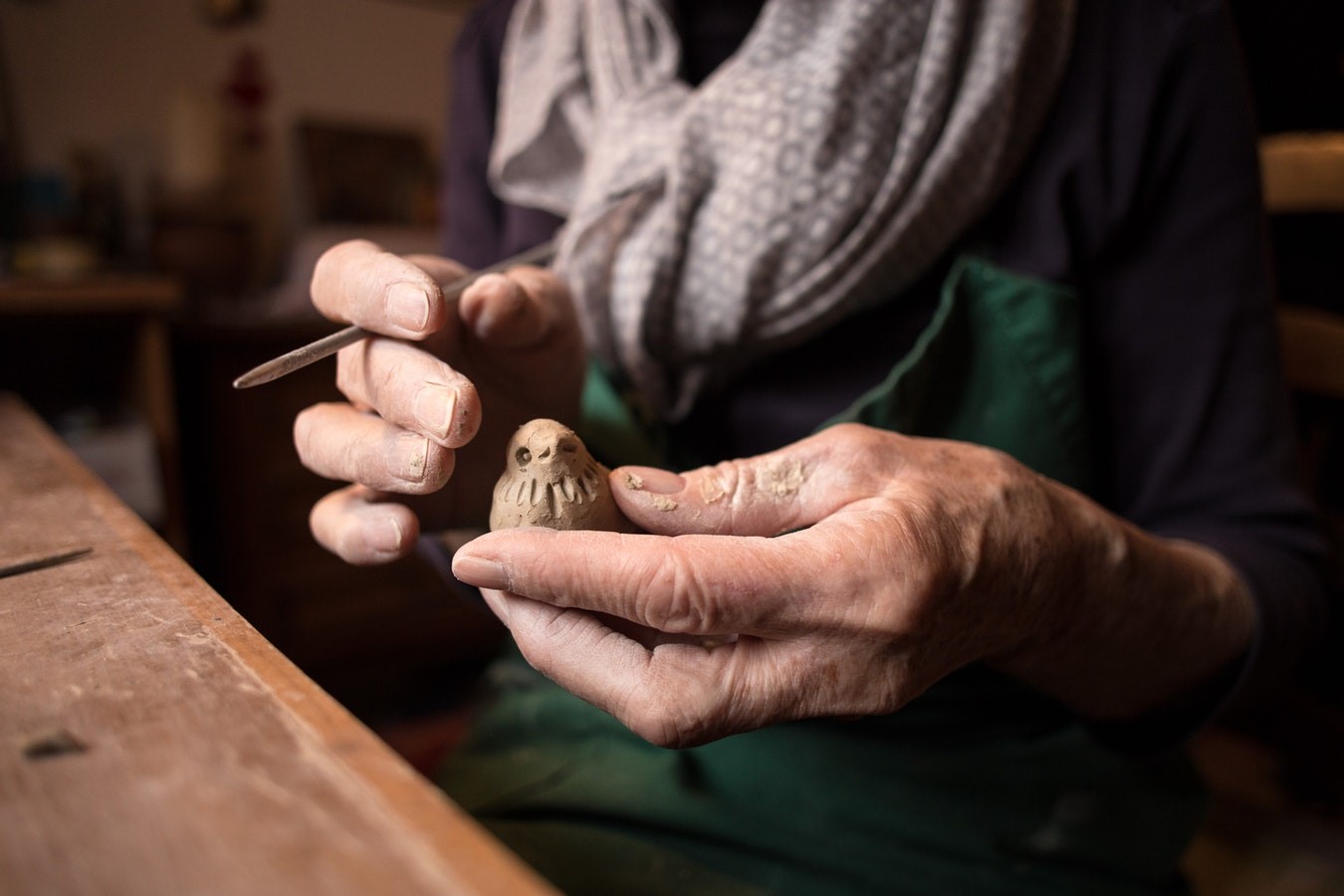Too tired to enjoy your twilight years?
Do you spend your day asking yourself “Why am I so tired?”
Written by stannah

As we age, we are more prone to certain illnesses and these may leave us feeling more tired. However, tiredness is not a symptom of aging! Unless chronic pain is causing your fatigue, there are things you can do to give you more energy, so that you can get on with engaging with your life. There may not be one single cause for your lethargy, but making a few small changes to your routine might give you back the energy you thought age had taken away from you.
From insomnia to diet, we hope we can help you to find the cause of your tiredness and to find a solution that works for you. Of course, it’s always best to consult your doctor if you’ve been feeling very tired for a long time, as tiredness could be a symptom of something more serious, but maybe all you need are a few small changes to get you up and going again and living life to the full!
Table of contents
Do you get enough sleep?
Eat well to function well
Other things to think about…
Do you get enough sleep?

Sleep may sound like an obvious solution, but our sleep patterns change as we age, and we have to account for these changes when thinking about being tired. Insomnia is more common in older adults and this may lead to fatigue throughout the day and negative feelings around going to bed, which might only make the problem worse.
Developing healthy sleep habits might help you to get the right amount of sleep, and better sleep quality. This could be as simple as having a routine: making sure you’re going to bed and getting up at the same time every day will help your body to relax and get the right number of hours of sleep. You know you’re getting the ‘right amount’ if you’re wide awake and feeling good at 10am as you’re on the rising phase of your circadian rhythm, so work out what’s right for you! This routine could involve ‘winding down’, making sure you’re not exercising within three hours of going to bed and making sure you don’t have any bright lights on within half an hour before you go to sleep. This includes tablets, laptops, phones, and TVs which all prevent our bodies from producing melatonin, the hormone which tells us it’s time to go to sleep. If you do want to use these devices in the evenings, Apple has a ‘Night Shift’ mode which switches the blue light of our screens to a warmer light. This isn’t a complete solution, but may help your eyes to feel less stressed, and disrupt your sleep patterns less.
There are also little tricks you can use when you’re in bed, lying in the dark and wide awake, to make yourself fall asleep. One is Jacobson’s Relaxation Technique, which is also sometimes called Progressive Relaxation Therapy. Some studies have shown that this technique has helped people with insomnia sleep better, and others have shown that even if the result wasn’t so clear, people felt better rested even if they weren’t getting more sleep.
Follow these simple steps to see if it works for you:
- First, find a quiet place where you feel comfortable and safe (your bed is perfect!)
- Lie on your back, with your eyes closed
- Focus on your breathing, feeling your breath fill your stomach, letting it out slowly and consistently
- Bring attention to your feet
- Point your feet, letting your toes curl
- Tighten your toe muscles gently
- Focus on the tension in your feet for a few moments, then release and notice how relaxed your feet feel
- Do this again, and focus on the difference between your muscles when they are tensed and relaxed
- Work your way up your body focusing on each muscle in turn, feeling how relaxed it is once you’ve tensed it
- Once you’ve worked your way all the way up your body, all your muscles should feel completely relaxed and you might feel yourself drifting off into a deeper sleep
There are lots of guided meditations on YouTube that can take you through different techniques to help you relax and let go of your thoughts before you go to sleep. Jacobson’s technique relaxes the body, but there are others that relax the mind:
If you don’t like the idea of this, there are also little games you can play with yourself, like telling yourself it’s five minutes before you have to get up and you just want that extra little bit of time in bed. The National Institute on Aging recommends that you only use your bedroom for sleeping so if you’ve been in bed for 20 minutes with the light off and you still don’t feel sleepy, get up and only go back to bed when you’re feeling drowsy.
According to Healthline, a lack of sleep may cause the ‘symptoms’ you might be putting down to old age, for example loss of memory. People who are sleep deprived have a harder time receiving information, have impaired judgement and lose their ability to access previous information. Those memory lapses you might have every now and then might simply be down to tiredness!
According to the National Sleep Foundation the idea that we need less sleep as we age is actually a myth, and our sleep needs stay the same throughout adulthood. Everyone’s sleep needs are different, but you should try getting between 7 and 9 hours per night to see if any of these side effects improve.
Eat well to function well

As well as sleep, what you are putting into your body can have a huge effect on your energy levels and your ability to carry out day to day activities. One type of food that you should avoid eating on its own is carbohydrates, as without a bit of protein, the carbs slow you down and can make you sluggish after you eat. This is also the case for high fat foods as your body needs a lot of energy to digest the high fat content. If you are eating these types of foods regularly, they could contribute to general tiredness and low energy levels. However, having a healthy dose of protein with your carbs counters the effects of the carbs alone: it’s all about balance!
If you’re feeling tired, you may not feel like spending hours in the kitchen making sure you’re cooking healthy meals from scratch. There are lots of different things you could do to motivate yourself to eat a balanced diet:
- Batch cook – cook a big portion of a tasty, healthy dish and keep it in the fridge (or freezer) to have for another meal. If you’re cooking alone, making a whole meal from scratch may seem like a lot of effort to go to, to only eat once, so knowing you’re providing yourself with a few meals worth of food might make that difference.
- Eat with friends or relatives – you could take it in turns to cook (so you have to cook less often!) and it’s a good excuse to schedule social occasions around meal times.
- Plan ahead – make a list of the meals you want to eat that week, and buy all the ingredients you’ll need so that when it comes to making that meal, you don’t even have to think about it.
- Get inspired! – find new recipes that will make cooking fun and exciting again. You could get yourself a new cook book or look for recipes online. If you don’t feel inspired by what you have in the fridge on one specific day, google two or three ingredients and you’ll be provided with a few good options. Choose one and see where it takes you!
- Make it easy for yourself! – there are lots of companies out there that could help make healthy eating super easy. One of them is Hello Fresh, a company that delivers fresh food right to your doorstep 7 days per week, along with easy recipes. You won’t need to go food shopping or decide on what to make – unless you want to!
As well as maintaining a good balance on your plate, Michael Schmidt recommends some tips for a low-fatigue diet in his book “Tired of being Tired”:
- Eat five or six small meals per day – this keeps your metabolism going and your blood sugar level stable, meaning that you’re not ravenous at meal times and can therefore eat smaller portions
- Try to avoid processed foods – these contain high levels of sugar, salt and fat and probably won’t give you all the nutrients you need
- If you eat meat, try to buy organic or range-fed meat – it won’t have the added antibiotics and hormones (and it will probably taste better!)
- Try to buy regionally-grown produce – fruits and vegetables that have had to travel less, keep more nutrients and therefore taste better and are better for you. You are also helping to reduce your carbon footprint, as your food causes less pollution by travelling a shorter distance.
- Stay hydrated! Dehydration causes fatigue so make sure you’re drinking enough water throughout the day.
When it comes to thinking about lessening fatigue through your diet, it becomes really important to think about the specific vitamins and minerals your body needs to work at its best.
B12

A vitamin B12 deficiency is common in older adults, as they have difficulty absorbing it according to the US National Institute of Health. We need B12 to properly form red blood cells and to maintain the normal functioning of the brain and nervous system, so as you can imagine, when your levels start running low, you can have some problems!
Symptoms of B12 deficiency are anemia, fatigue, weakness, constipation, loss of appetite, weight loss, neurological changes, such as numbness and tingling in the hands and feet, and, again, the ‘symptoms’ we most commonly associate with ageing: difficulty maintaining balance, depression, confusion, dementia, poor memory, and soreness of the mouth or tongue.
The good news is that you can get B12 from lots of different sources, and there are no negative effects of having too much! The food items with the highest levels of B12 are clams, organ meats, fish eggs, mackerel and crab meat, although you can also get it from animal products such as eggs and milk. If you’re vegan, worry not! Many foods such as breakfast cereals, soy products and energy bars are fortified with B12 and, if your doctor says that you are still not getting enough, there are always supplements (although these should never be taken instead of a healthy diet).
Live Kindly suggests some recipes for meals that are high in Vitamin B12, so if you’re stuck for ideas on how to work it into your diet, their website is a good place to start.
Magnesium

Magnesium combats insomnia and improves sleep quality, so if you still can’t get to sleep after the activities we recommended, try increasing your intake of Magnesium to see if it helps. It is commonly found in fish, almonds, whole grains, spinach, cashews, peanuts, soymilk and black beans so you can definitely work it in to your dinner or evening snack.
The only downside of magnesium is that you should be careful with how much you are ingesting, as an overdose of Magnesium could have very serious consequences. An overdose is rare, but people with kidney disease, heart disease and gastrointestinal disorders are cautioned against taking magnesium supplements for this very reason.
Eat This Much has a handy sorter to help you find recipes high in any vitamins, minerals or amino acids you may be lacking. Their top choice for a high-magnesium meal is African Chicken Peanut Stew which sounds delicious! The cook-time for that is quite long though so if you fancy something a bit quicker, their Soba Noodles & Coconut Curry recipe only takes 15 minutes to make and is also packed with magnesium.
Iron

Iron is an essential mineral for our bodies to function normally, so it is important to be aware that some medication can cause iron deficiency, especially in the elderly. Overuse of aspirin, indomethacin or other anti-inflammatory drugs commonly used for arthritic pain are examples of this, so if you take these medications it might be a good idea to get your iron levels tested.
If you do have an iron deficiency, you might feel similar symptoms to those felt if you have a B12 deficiency, as well as depression, shortness of breath, restless leg syndrome and a loss of interest in many aspects of life, including the people around you. If you have any of these symptoms it is very important that you see your doctor to find out whether he can help you combat these negative feelings.
Iron can be found in meat, seafood, nuts, beans, lentils, spinach, and fortified grain products so make sure these are worked into your diet. If you do have an iron deficiency you must be very careful with taking iron supplements, as having too much can cause fatigue, just like having too little. Eatingwell.com provides some great, easy iron-rich recipes to help you get back on track!
Coenzyme Q10

Finally, we have coenzyme Q10, which is crucial for energy production, so as you can imagine, if you are running low on CoQ10 your energy levels are going to drop. This is more and more of a problem as we age, as our bodies produce less and less of the important antioxidant, so it’s best to keep an eye on it to make sure there is enough to keep us going.
The downside of this enzyme is that there are no food sources that contain our daily recommended dosage, but on the plus side, years and years of research have gone into CoQ10 and taking it as a supplement has had positive results. Incidentally, it is also beneficial to people with cardiovascular disease.
Other things to think about…
There could be many factors contributing to fatigue and it is important to make sure you sleep well, eat well, get enough fresh air and sunshine! Sometimes it’s difficult to follow advice, even if you think it might help you, but it’s all about creating good habits – integrating one new thing into your routine at a time. If you can make one small change, you might feel a big difference!
That said, there are some other factors that could be making you tired that you should also consider. Important ones are depression, anxiety, stress and grief.
Another factor that is rarely considered is boredom. If you are bored, you are much less likely to motivate yourself to get up in the mornings, so try to find something to get you up and about. This can be anything from sports like swimming or yoga to crafts, as long as it keeps you entertained! The Huffington Post suggests some simple steps to break the pattern of boredom:
- Pay five authentic complements per day
- Savour sensory pleasure, from taking the time to really enjoy a cup of tea to taking a beautiful photo
- Use your natural strengths, from creativity to humour, make sure your character strengths are a part of your day to day life
- Go into “flow”, a state in which we completely lose ourselves in an activity (anything from gardening to playing music)
- Tell some courageous truths – be honest with the people around you

Related articles:
House of the future; a home designed for life
What is a Stairlift? 40 Years of Redefining Standards
Loss of balance, what you need to know about your body’s balance health
